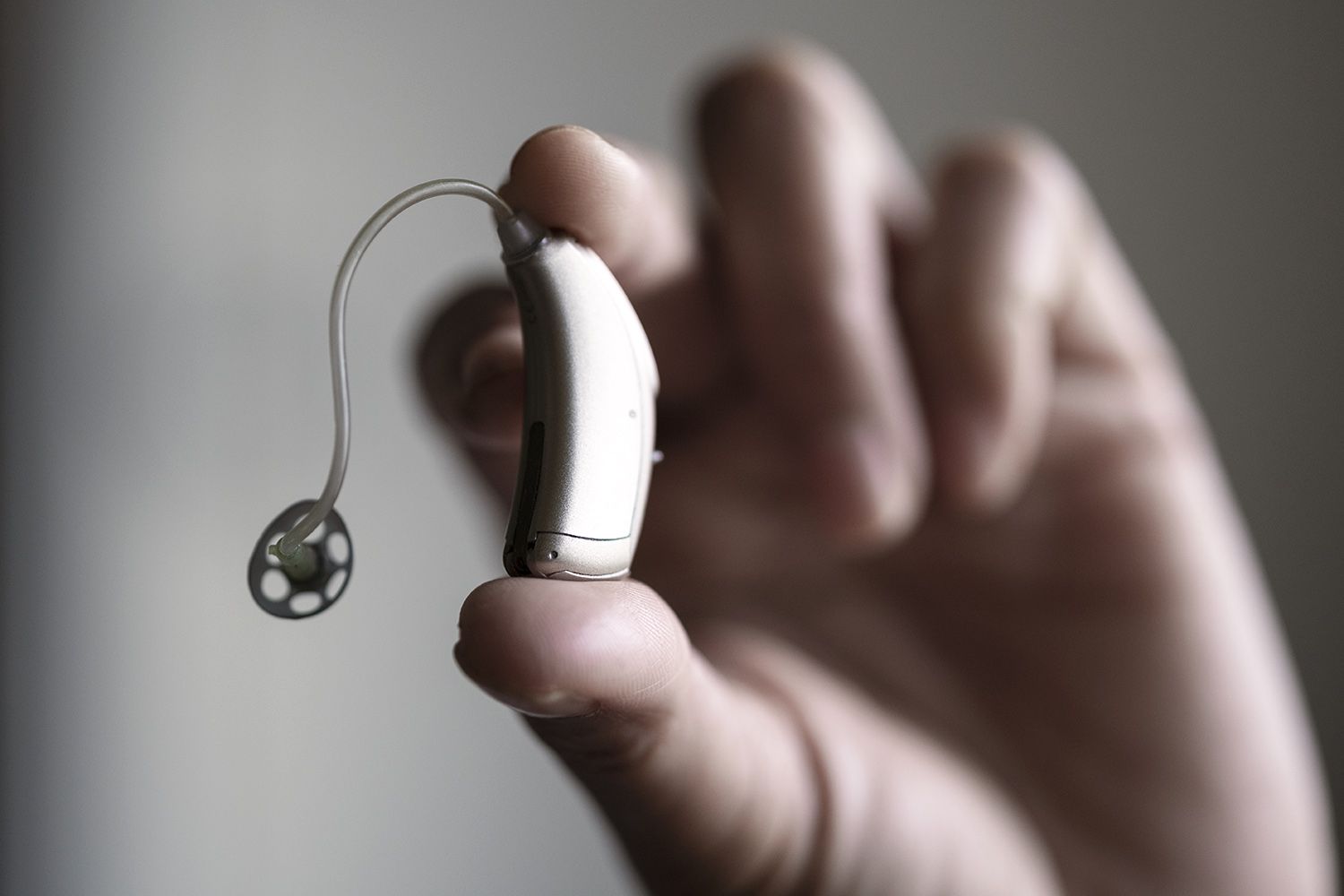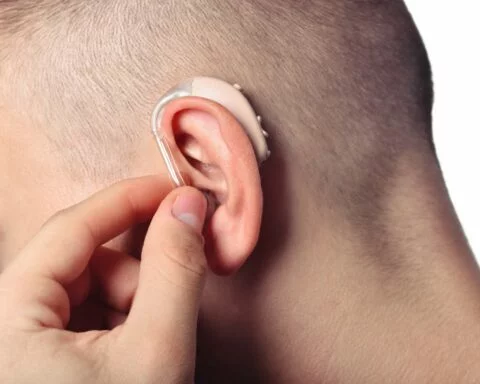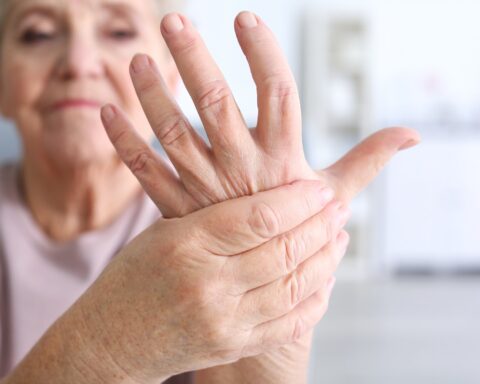Introduction
Over the counter (OTC) hearing aids are a new category of hearing aids that are now available for purchase directly by consumers without the need for a prescription. OTC hearing aids are designed to provide a more affordable and accessible option for people with mild to moderate hearing loss. In this guide, we will cover what you need to know about OTC hearing aids, including how they work, the different types available, and the pros and cons of using them.
How Do OTC Hearing Aids Work?
OTC hearing aids work by amplifying sound, making it easier for people with hearing loss to hear. They have a similar design to traditional hearing aids, with a microphone that picks up sound and a speaker that delivers it to the ear. The main difference is that OTC hearing aids are designed to be self-fitted, meaning that users can adjust the settings to their own preferences without the need for professional help.
The amplification settings on OTC hearing aids are typically controlled by a small device that fits behind the ear. Some models also come with a smartphone app that allows users to adjust the settings through their phone.
Different Types of OTC Hearing Aids
There are several different types of OTC hearing aids available, each with its own unique features and benefits. The most common types include:
Personal Sound Amplifiers (PSAPs)
Personal sound amplifiers (PSAPs) are the simplest and most affordable type of OTC hearing aid. They are designed to amplify all sounds, not just speech, which can make them less effective for people with hearing loss. PSAPs are often marketed as devices for people who enjoy hunting, bird watching, or other outdoor activities, but they can also be used as a low-cost hearing aid alternative.
Amplified Phones and TV Listening Devices
Amplified phones and TV listening devices are specialized devices that are designed to make it easier to hear phone conversations and television shows. They are not technically hearing aids, but they can be useful for people with mild hearing loss who only need a little extra amplification.
In-Ear OTC Hearing Aids
In-ear OTC hearing aids are similar in design to traditional hearing aids, but they are self-fitted and typically less expensive. They come in a variety of styles, including in-the-ear (ITE) and completely-in-the-canal (CIC). In-ear OTC hearing aids can be a good choice for people with mild to moderate hearing loss who want a discreet, easy-to-use hearing aid.
Behind-the-Ear (BTE) OTC Hearing Aids
Behind-the-ear (BTE) OTC hearing aids are the most popular type of OTC hearing aid. They are designed to fit behind the ear and have a small device that sits in the ear canal. BTE hearing aids are more powerful than in-ear hearing aids and can be a good choice for people with moderate hearing loss.
Pros and Cons of Using OTC Hearing Aids
There are both advantages and disadvantages to using OTC hearing aids. Some of the pros of using OTC hearing aids include:
Affordability
OTC hearing aids are typically less expensive than traditional hearing aids. They can be a good choice for people who cannot afford a high-end hearing aid or who do not want to spend a lot of money on a device that they may only use occasionally.
Accessibility
OTC hearing aids are available for purchase without a prescription, which makes them more accessible to people who may not have easy access to a hearing healthcare professional.
Convenience
OTC hearing aids can be purchased online or in stores, making them more convenient to obtain than traditional hearing aids.
- Learn to Enjoy Self-care Routine - September 21, 2023
- Jonathan Aufray’s Story - July 29, 2023
- From Public Housing To Ivy League: The Inspiring Journey of Crystaltharrell.com and its Founder - June 7, 2023






